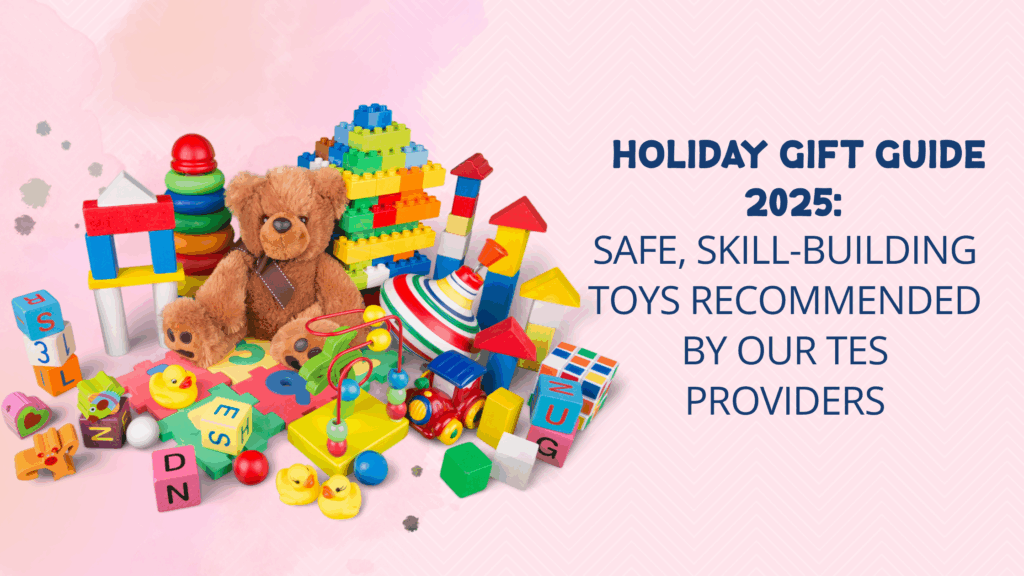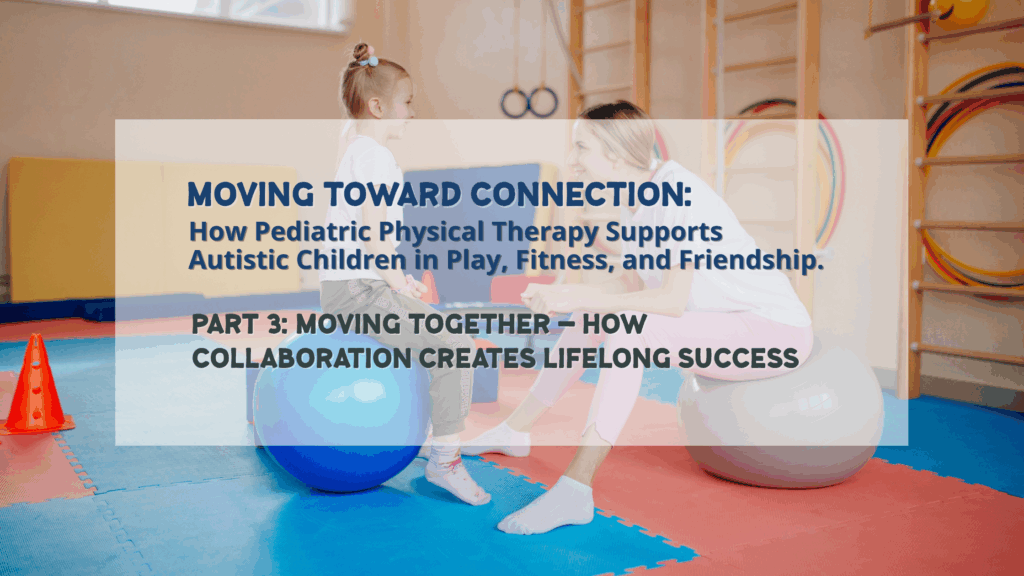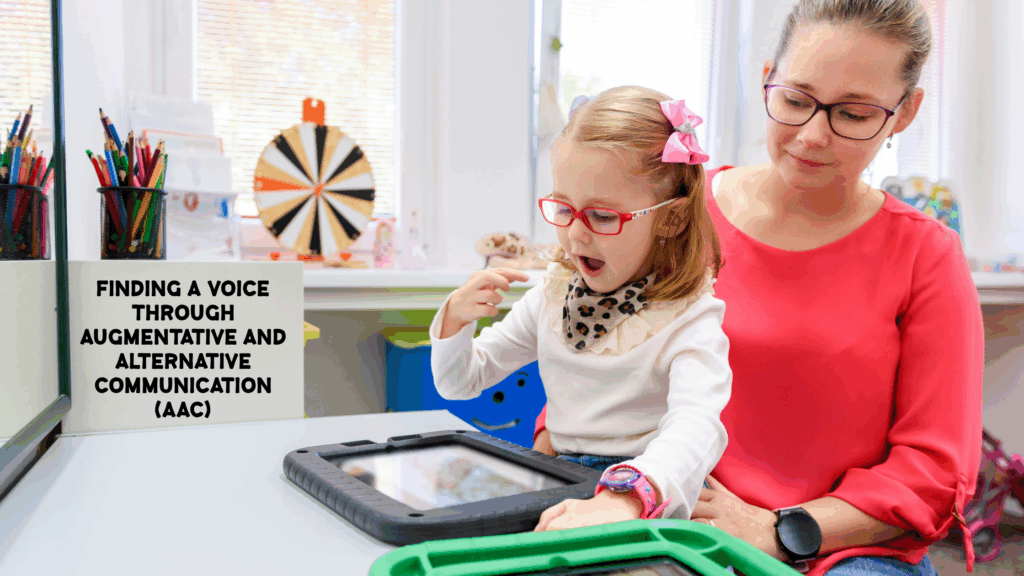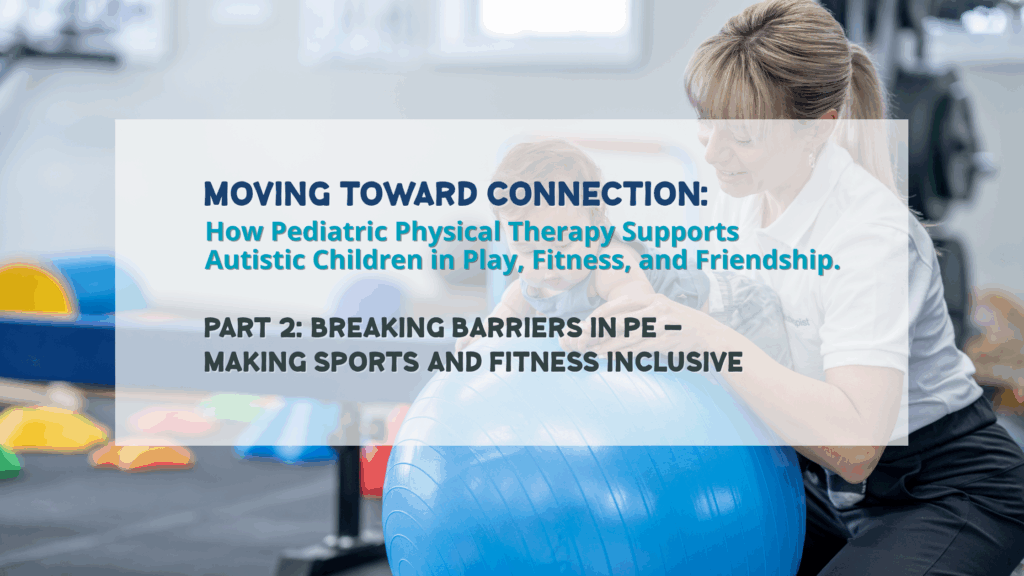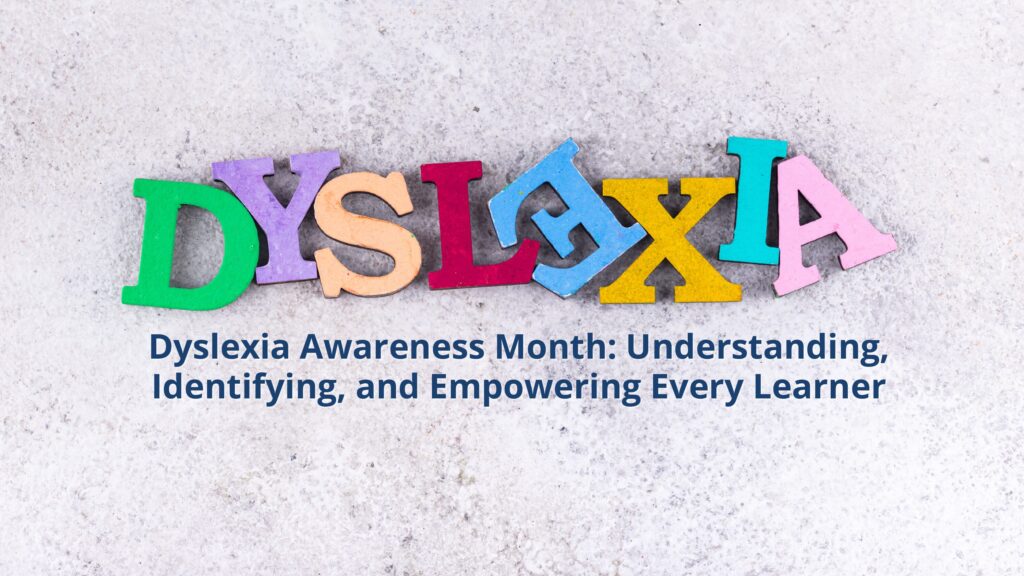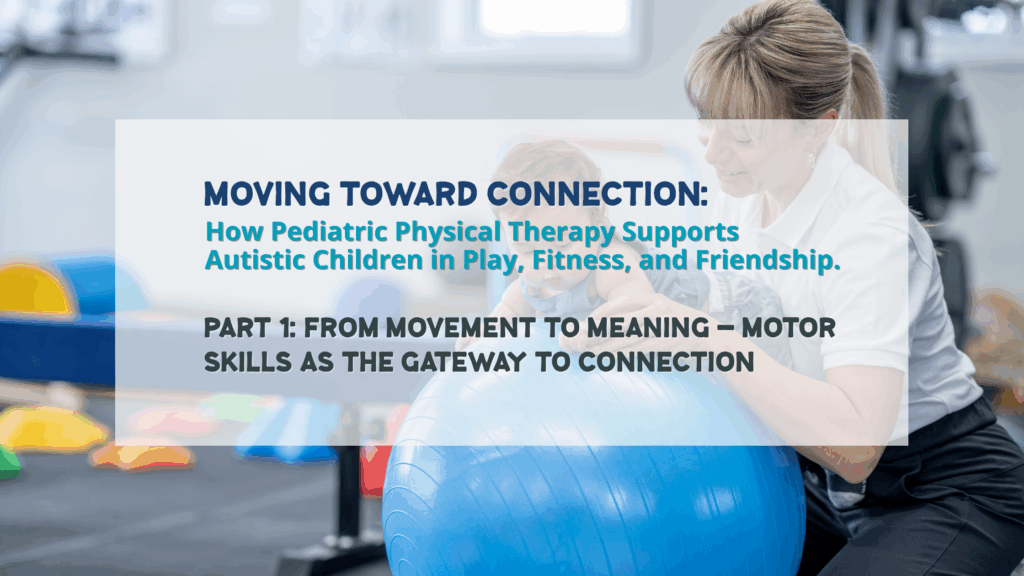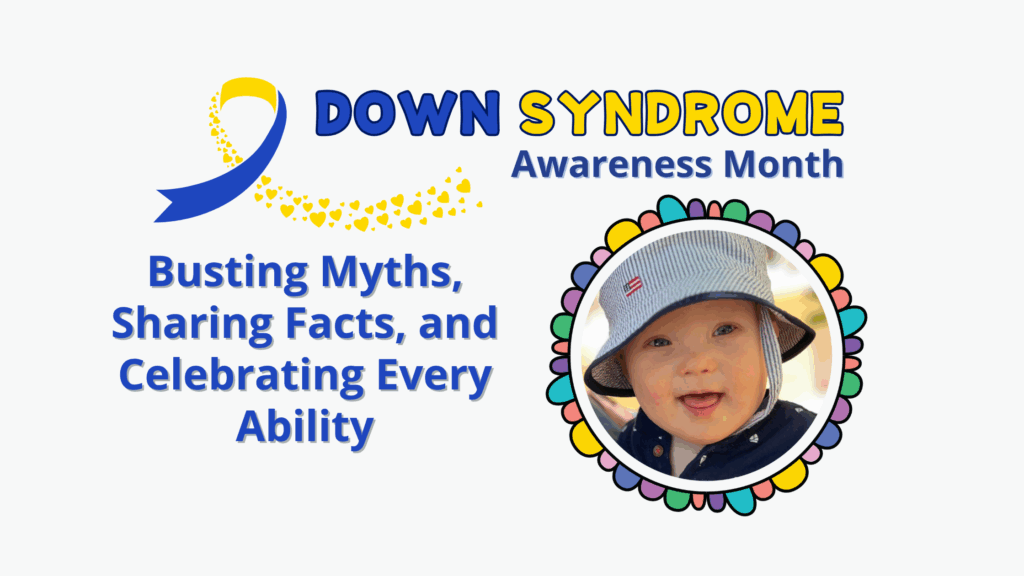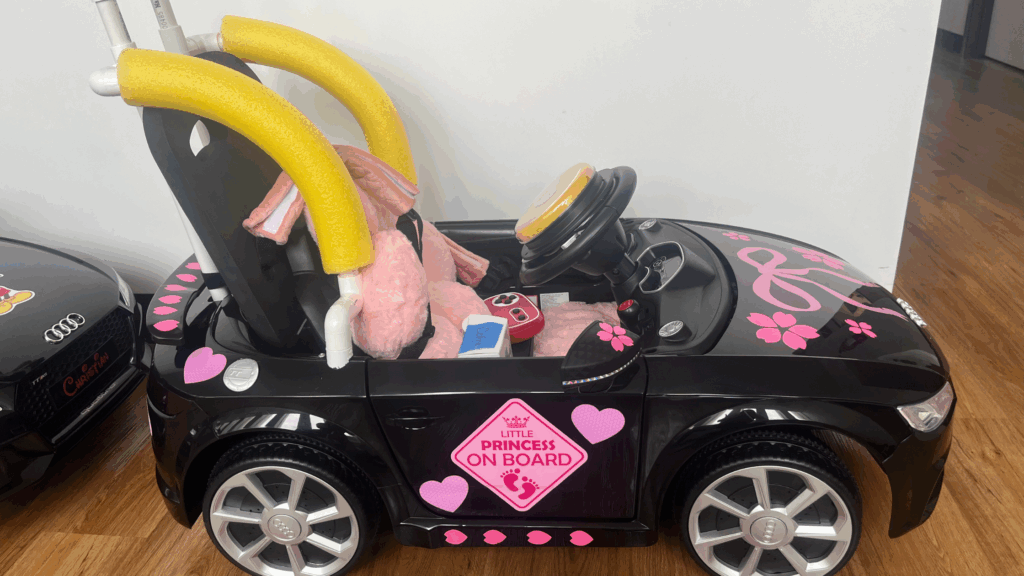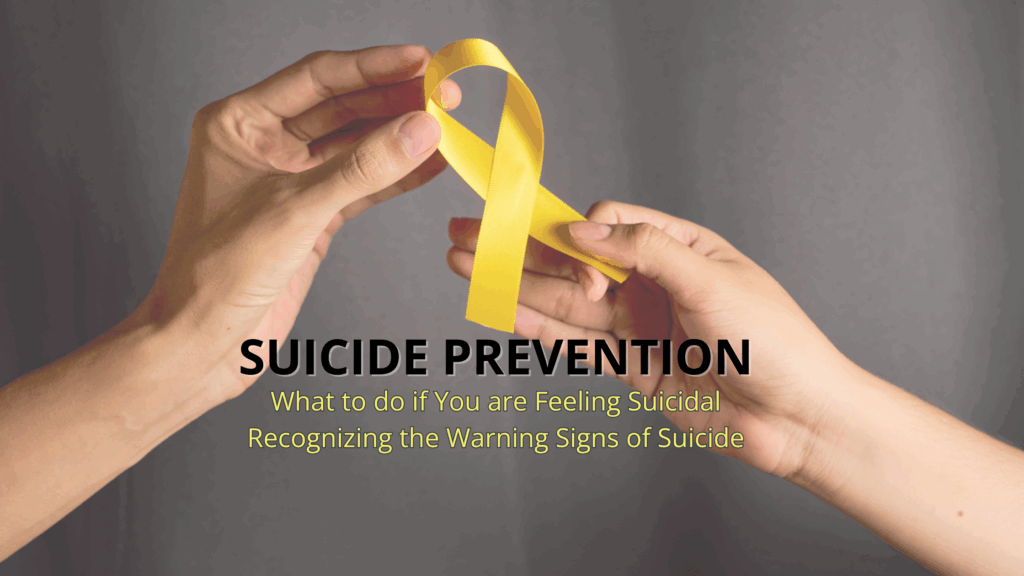Every parent wants their child to be happy and thriving. That’s why it’s so distressing when their children develop behavioral or emotional problems.
And you may feel out of your depth or even wonder what’s the best course of action. Whether they’re disobedient, acting out, or becoming violent, there are moments when having a child mental health therapist to turn to for help can make all the difference.
There is no such thing as a bad child, only children with different needs and problems. And finding a pediatric counselor to help you and your child recognize and rectify their unique problems is vital.
In this post, we’ll go over what pediatric counseling is, how it can help your child, and offer tips on how to find the right pediatric counselor for your child’s specific needs.
What is Pediatric Counseling?
The American Psychological Association defines clinical pediatric counseling as a set of techniques for helping children and adolescents with emotional or behavioral problems.
While this type of counseling has also become the go-to treatment for children dealing with developmental issues, trauma, abuse, grief, and other volatile situations, it’s a misconception that child counseling is only for those who have severe mental health problems.
Rather, pediatric counseling can also be used to help children overcome behavioral issues that are common in children, such as aggression that can stem from emotions like frustration or anger, or social difficulties with peers or family.
With pediatric counseling, the child is taught skills to help them cope with these situations, learn how to express their emotions healthily, and build positive relationships.
When to Seek Counseling for Your Child
Not all behavioral issues are so severe that they need a pediatric therapist. However, early identification and diagnosis is important. Recognizing the early warning signs of mental or behavioral issues goes a long way towards treatment and rehabilitation.
The National Institute of Mental Health lists these warning signs as things parents should be wary about:
A Loss of Interest in Activities That Were Once Enjoyed
A good indication that your child may need counseling is a loss of interest in activities they used to love, also referred to as anhedonia.
This can be anything from sports and hobbies to schoolwork, and it’s often a red flag that parents should look for if they’re concerned about their kid. Anhedonia can be a sign of an underlying mental illness such as anxiety or depression so it’s important to get help for your child if you spot this sign.
Regressions in Behavior Pattern
Regression refers to when a child starts showing behavior from an earlier stage of their development. In other words, a child showing signs of regression starts acting younger than they are.
If your child is in grade school it can be shown if they start wetting the bed again, sucking their thumb, throwing a temper tantrum, or regress in their language skills i.e. baby talk, these are signs that they’re regressing.
Regressions can occur when a child is undergoing stress or trauma and cannot cope. These are all behaviors that definitely should be addressed by a professional child counselor to rule out any emotional or behavioral possibilities.
Change in Eating or Sleeping Habits
A child needs a healthy sleep schedule and diet for them to properly grow and develop into mature adults.
Pay close attention to your child’s eating and sleep habits. If they deviate from their normal routine or are accompanied by other negative conducts like over or undereating, then it may be time to seek expert advice. Try to identify any causal link behind these changes.
Note any abnormal behaviors down and bring them up to your child’s psychologist. These can be indications of something much deeper and more serious such as anxiety, depression, or eating disorders.
Expressing Thoughts of Suicide
Children go through periods of darkness and despair just like everyone else. That doesn’t mean that there’s anything wrong with them. It means that they need compassion, guidance, empathy, and help.
Acknowledging that your child is suffering and needs help is the first step. If a child expresses suicidal ideation or displays suicidal intentions, don’t hesitate to get your child immediate help from a professional child therapist. If you act quickly and appropriately, you can address any underlying mental health issues such as depression, or even social issues such as bullying.
Participating in Destructive Behaviors
When a child is acting out, it often isn’t because they’re intentionally trying to be mean or hurtful, but because they lack the skills to engage with their anger healthily or constructively.
Destructive behaviors can include substance abuse, violence towards others, or causing self-inflicted harm or mutilation. Parents should pay attention to these behaviors as they are often signs that your child needs help. Thankfully, these destructive tendencies can often be treated by a trained child psychologist.
Alcohol or Drug Use
Consuming alcohol and drugs has quickly become the societal norm for kids and teens. However, as parents, you should put a stop to this behavior as it’s detrimental to your kid’s growth and development.
This is especially an issue if there’s a positive family history of drug and alcohol abuse or the child grew up in a similar environment. Alcohol and drug use can be a coping mechanism for a more serious issue like depression or anxiety.
After acknowledging that this is a problem, the next appropriate action is to work it out with a pediatric counselor.
Isolating Oneself From Friends and Family
If your child is known to be sociable or even reserved, and has recently been isolating themselves from friends and family, this may be a sign for when to seek professional help for your child’s behavior.
Anxiety, sadness, or even extreme stress can lead to a child socially withdrawing and isolating themselves. What’s more, many kids may not want to open up to their loved ones.
An impartial and professional child therapist can effectively guide your child through their dilemma and help them open up socially and reconnect with loved ones.
Recurring or Disturbing Nightmares
Everyone experiences nightmares, which are unpleasant and frightening dreams that usually occur when you’re in REM sleep.
Having realistic nightmares such as falling off a building or being threatened by monsters may be normal. More intense, surreal, recurring nightmares around a similar theme are more troubling and a possible indication of something deeper.
Recurring nightmares may be a reflection of your child’s inner thoughts and emotions due to traumatic life events. A pediatric counselor would be able to help unpack your child’s trauma so they can find resolution, peace, and a decent night’s sleep.
Experiencing Physical Symptoms
Mental and emotional health issues are rarely just psychological and often have physical symptoms as well. In fact, according to the American Academy of Child and Adolescent Psychiatry, mental health issues and emotional distress can manifest as nausea, recurrent headaches, fatigue, shortness of breath, fainting, and dizziness.
Consulting with a pediatrician can help identify any physiological problems. After that has been ruled out, then a trained pediatric counselor can step in and offer therapy and address the core problem.
5 Benefits of Childhood Therapy
If your child is experiencing any of the above issues, then here are some great benefits of seeking professional help for your child.
Positively Express Their Thoughts and Feelings
Unpleasant or upsetting thoughts and feelings such as stress, sadness, anxiety, low self-esteem, or even anger can be difficult to express and resolve. Professional child therapists are trained to listen and understand your child’s issues, and help them be better communicators and problem solvers.
The great thing about therapy is that this allows your child and adolescent to feel and express their emotions and thoughts without hurting themselves or others. Using therapeutic techniques, we can address issues such as school performance, social life, and family relationships.
Improve Interpersonal Relationships With Family and Friends
Therapy allows children to improve their social life, schoolwork, and interactions with friends and family members. For children, this will help them develop better communication skills and conflict resolution strategies with those around them. One of the benefits of therapy that you can appreciate is developing a stronger bond between you and your child.
Develop Effective Life Skills
Therapy not only allows your child to express his or her feelings and thoughts, but it will allow them to develop new skills as well. Certified child psychologists provide tools and techniques to help your child with anxiety, stress, anger management, depression, and a lot more. These indispensable life skills will help them navigate the challenges of adulthood.
Boosts Your Child’s Overall Happiness
Having an unbiased, expert opinion from a qualified professional who’s trained in mental health treatment for children will help your child face their issues, ease negative emotions and become happier people. It can also encourage your child to be more expressive, more comfortable with themselves, and more confident socially.
Therapy involves a lot of emotional honesty and inner work, and that can be a bit overwhelming. The good news is that reaching out for help will help you and your child become closer.
The 5 Types of Child Therapy
There are many different types of child therapy techniques that are used to help children with unique problems. Here is a brief overview of the five different methods that most trained pediatric counselors use.
Play Therapy
Play therapy can be used to help children become more creative, expressive and help them develop favorable cognitive skills. Creative play therapy allows children to relax and connect with both their inner selves and their therapist.
This therapeutic technique consists of the therapist giving your child toys and watching them interact and play with them. It’s beneficial as it helps kids grapple with trauma and other life disruptive events such as death or divorce.
Speech-Language Therapy
Speech and language therapy aims to build kids with effective communication skills as they express feelings, thoughts, and beliefs. It also trains them to communicate and pick up both verbal and non-verbal cues in various social interactions. With these skills, kids will grow the right social skills for effectively connecting with others in society.
Physical Therapy
Pediatric physical therapy focuses on helping children with physical conditions such as neurological disabilities to manage their physical limitations. By engaging in routine physical therapy, not only will your child develop emotionally and mentally, but also physically as they strengthen their structure.
Through exercises, active play, and outdoor exploration, your kid will be more equipped in all aspects of their life.
Occupational Therapy for Children
Occupational therapy allows children with physical or learning disabilities to work on the skills and abilities they need in life. They can practice everyday tasks such as climbing stairs, dressing up, or improving their handwriting.
A key aspect of this type of therapy is creating a custom-made plan that perfectly balances normal developmental goals with possible limitations depending on your child’s issues.
Behavior Therapy
Behavior therapy focuses on establishing healthy actions in children by promoting the right conduct and discouraging negative conduct. It also reinforces these behaviors by looking at how they will impact the external environment.
Applied behavior analysis therapy helps kids recognize the close relationship that certain problems affect their emotions leading to a particular action. Behavior therapy is used to treat behavioral, emotional, and cognitive issues while also helping them unravel their concerns.
Summing Up
Therapy can help your child deal with many of the obstacles they may be facing in their daily lives. It gives them a way to cope with these issues and for you, as a parent, to become more involved in their mental and emotional well-being.
If your child is displaying one or more of the previously mentioned warning signs, then it might be time to seek professional pediatric therapy.Learning what you need to know about pediatric counseling for your child is always the first step you need to take. You can talk with us and request more information, and we can help give your child the happiness they deserve.


 28 Dec 2021
28 Dec 2021 